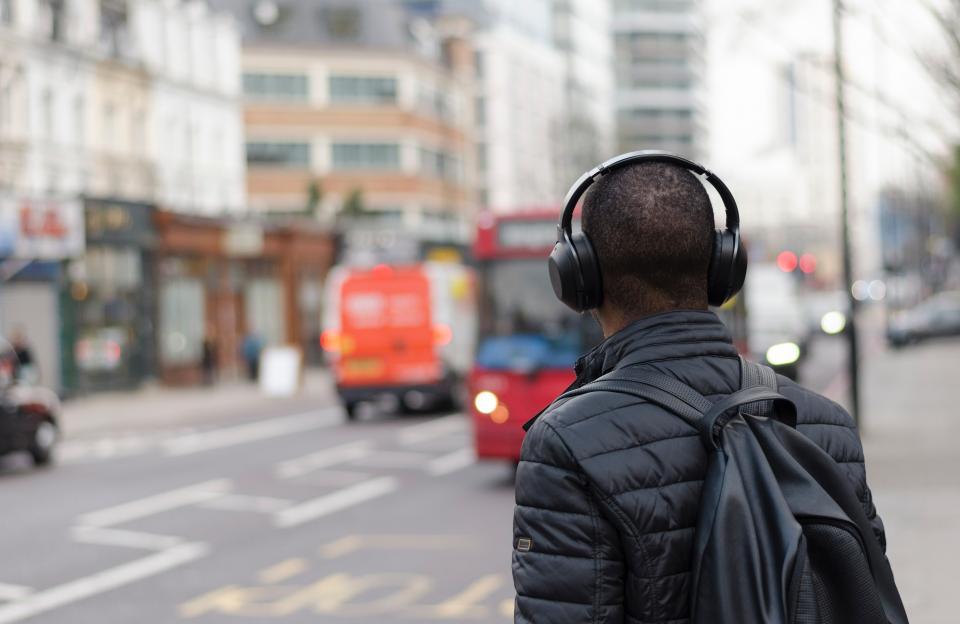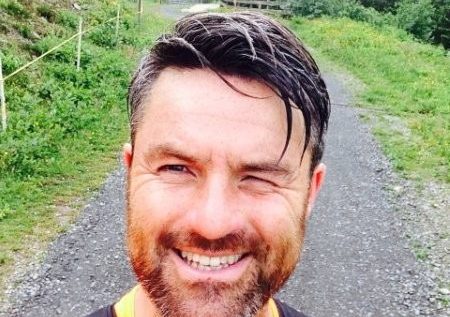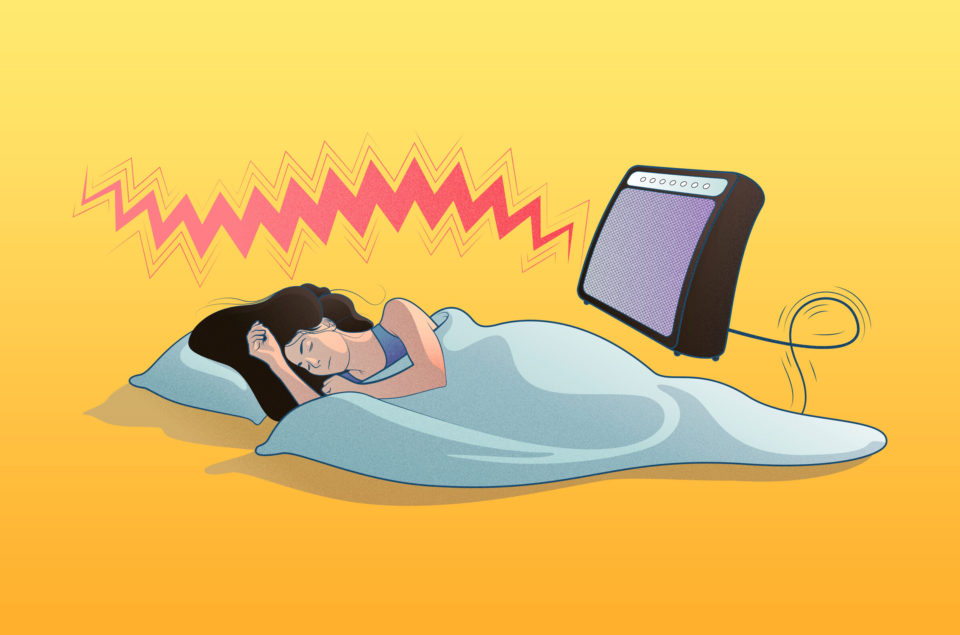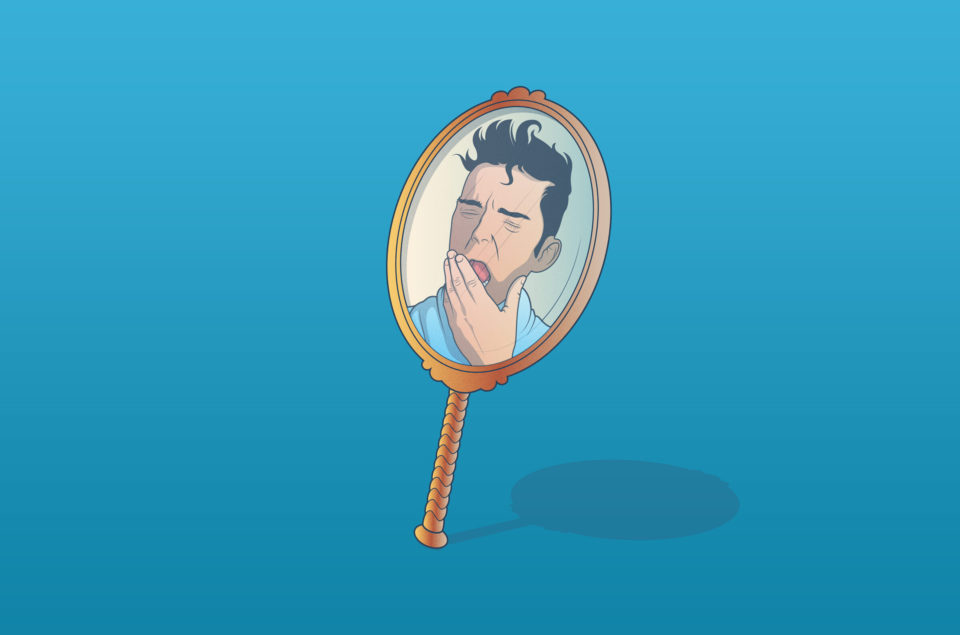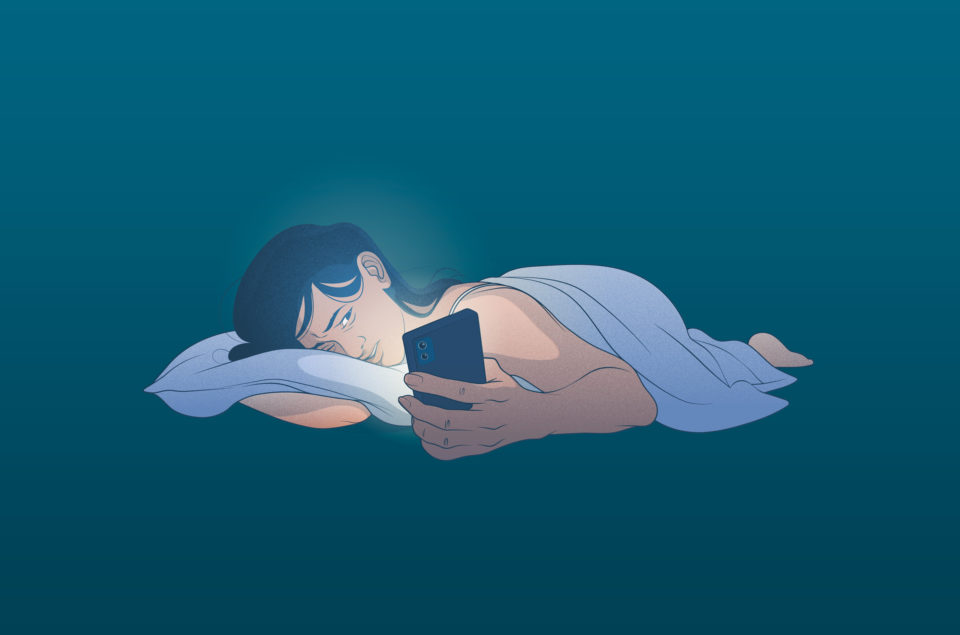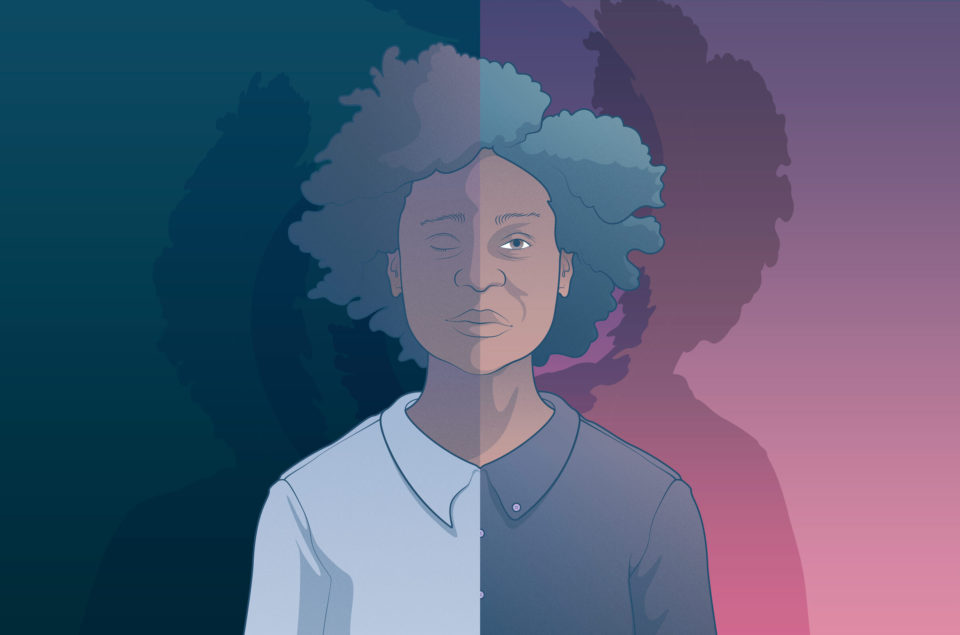You’ll spend about one-third of your life doing it and most people don’t give it a second thought. No, we’re not talking about updating your Instagram feed or taking selfies – we’re referring to sleeping. You see, the vast majority of us see sleeping as simply something we do to recharge our batteries. This is correct – but only tells one side of the story. As well as the physical benefits, our little brains are doing all kinds of weird and wonderful things when we’re grabbing our ZZZZZZ’s.
Despite decades of research by some of our best and brightest, it’s still not entirely clear why human beings sleep. Of course, humans get the urge to sleep – some more than others, it could be said. However, it used to be widely accepted that during sleep we were physically and mentally inactive. Now we know that this is far from true. We also know that right through the night, all kinds of stuff to keep you in tip-top health is going on.
Repairs in progress
Congratulations – you’re a self-healing miracle! As you lie there, completely oblivious to the world, something truly marvelous is happening. During the deep sleep phase, our bodies are a veritable flurry of activity. Muscles, organs and other cells are lovingly repaired and chemicals vital for strengthening our immune system coarse through our blood. So next time you wake up and say “what a great night’s sleep – I feel like a new person”, you’re literally correct.
Taking out the trash
It’s true – we all carry a lot of trash around in our heads. Some more than others, you say? We’ll take your word for that. What’s not in doubt is that people much smarter than us believe that REM sleep is a kind of ‘trash dumping’ mode. During this phase, your brain discards information it considers not to be of any use. The proof? Well, it’s been shown that after sleep, humans are significantly better at solving puzzles, remembering facts or how to carry out complex tasks.
Let’s get physical
All human beings go through a sleep cycle. Typically, we move through all its stages several times a night. After drifting off, brain activity slows down and we move from moderate to deep sleep. After this, the brain starts to become more active again, entering the REM stage at which most of our dreams pop up. You can read about the sleep cycle in more detail here – in the meantime, check out the most commonly experienced physical and biological processes that occur as it progresses.
Body temperature
Did you know that as we get drowsy just before bedtime, our body temperature drops by a couple of degrees? Our body temperature reaches its lowest point around two hours before waking. It’s even the case that in REM sleep, the brain switches off the body’s thermometer.
Breathing
It would be easy to assume that when we sleep, we breathe at the same rate all night. This is not true. As we enter deep sleep, breathing slows down and takes on a more regular pattern. When the REM phase starts, our breathing speeds up again and we also experience variation in breathing rates.
Brain activity
When we first close our eyes and start to drift off into non-REM sleep, brain activity levels start to tail off, and our brains ‘fire’ in a more regular pattern. The peace doesn’t last though. As we enter the dream phase, your brain does a little electrical dance with lots of activity. In fact, brain activity in this phase looks remarkably similar to when we’re awake.
Heart rate
You’ll be pleased to hear that deep, non-REM sleep is like balsam for our pulse and blood pressure. All the stresses and strains of the day are left behind and our poor blood vessels grab a few precious minutes of recovery time. The bad news is, this is short-lived and during REM sleep, our heart rate returns to its normal state.
Now, if the thought of all this happening during sleep makes you……well, tired…… we quite understand. Evolution has taken us to a point where sleep facilitates much more than physical rest. It allows us to carry out essential repairs and maintenance as well as giving us a chance to ‘reboot’ our internal hard drive and ditch those unnecessary bytes of data we carry around. So next time your head hits the pillow and your eyelids start to grow heavy, spare a thought for your brain and body – they’ve got a busy shift ahead.
